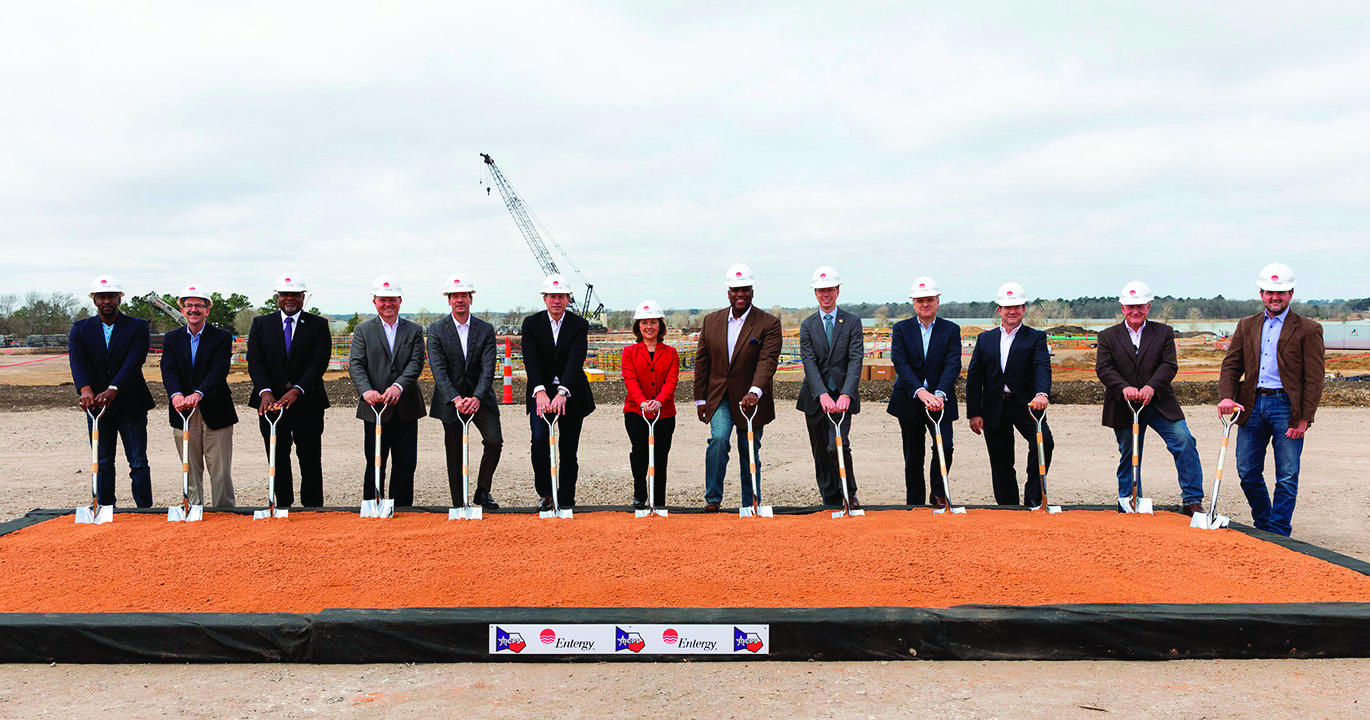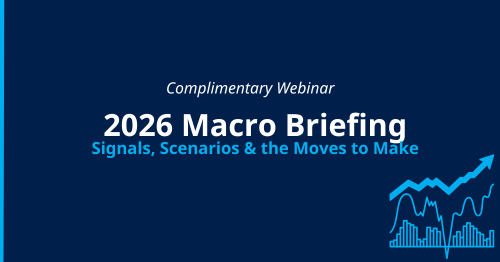

Entergy Chairman and CEO Leo Denault is fond of saying, “Entergy was focused on ESG before ESG was cool.” He has good reason—the energy company has been a leader in sustainability and environmental stewardship for two decades. While Denault has been instrumental in advancing Entergy’s commitment to corporate responsibility since taking office in 2013, he gives credit for the company’s early adoption of the philosophy to its previous chairman and CEO, J. Wayne Leonard.
“Wayne quickly emerged as a visionary with the courage to challenge an electric utility’s traditional role in society and position Entergy as a successful Fortune 500 company with a conscience,” says Denault. “We have long understood that our role transcends creating shareholder value. Our business strategy is built on the concept that every decision we make at Entergy is intended to serve not just the needs of one stakeholder but create sustainable value for all stakeholders. We think holistically about who we are creating value for—our customers, employees, communities and owners.”
Entergy, which delivers electricity to 2.9 million utility customers in Arkansas, Louisiana, Mississippi and Texas, began living that credo early on. In 2001, the company was the first U.S. utility to voluntarily commit to stabilizing carbon dioxide emissions. The following year, the company established a power generation portfolio transformation strategy to better meet customers’ needs by replacing older, less efficient generation with cleaner, more efficient resources—a program it has continued to expand on ever since.
In 2020, Entergy celebrated its 19th consecutive year on the Dow Jones Sustainability Index and, in September, announced a new climate commitment of achieving net-zero carbon emissions by 2050. The company is also investing an estimated $1.4 billion toward growing its renewable energy portfolio through 2024.
Entergy’s dedication to corporate responsibility has long extended beyond environmental issues. In 1987, Entergy became the first utility company in the nation to commit to the NAACP’s Fair Share Principles, notes Denault. “Since that time, we’ve spent more than $5 billion with minority and women suppliers who provide a wide range of goods and services,” he says. “In 1999, we established our first low-income customer assistance initiative to address the needs of our most vulnerable customers: the 25 percent of the population in our utility service territory living at or below the poverty level who make daily tradeoffs between things like food, medicine and power. As they rise, we all rise, something for which we can all be thankful.”
Entergy is also taking part in strategies to develop both the workforce of tomorrow and job growth in the regions in which it operates through a $5 million investment in a five-year workforce readiness program. Since the initiative’s launch in 2015, 1,025 certifications have been awarded, nearly 1,200 individuals enrolled in workforce development programs and more than 7,500 individuals were served indirectly. Additionally, Entergy has contributed more than $7.4 million to historically Black colleges and universities in its service area to fund facility and curriculum improvements, technology upgrades, scholarships and internship and mentoring programs.
Entergy is home to the largest industrial base in the U.S. and maintains electricity rates that are some of the lowest in the country. The company has also played a vital role over the past 10 years supporting economic development projects that brought $92.5 billion of capital investment and nearly 68,000 new jobs to the region.
Such actions to help prime the South for business growth have won accolades, with Site Selection magazine recently naming Entergy one of the Top 10 U.S. electric utilities in economic development for the 13th consecutive year and the Points of Light organization naming it a top 50 community-minded company in the U.S. for the fifth consecutive year.
Entergy’s story serves to underscore a realization that more and more businesses are embracing—that commitment to purpose is a viable path to sustainable growth across all stakeholders. “Our vision goes much further than powering the grid,” says Denault. “Together, we are on a journey with our stakeholders to improve lives, build businesses and create prosperity. Our vision at Entergy is ‘We Power Life.’ When we say, ‘We Power Life,’ we are talking about the human power that comes from working together to create opportunities, strengthen communities and proactively find solutions to the challenges of today and tomorrow.”



0

1:00 - 5:00 pm
Over 70% of Executives Surveyed Agree: Many Strategic Planning Efforts Lack Systematic Approach Tips for Enhancing Your Strategic Planning Process
Executives expressed frustration with their current strategic planning process. Issues include:
Steve Rutan and Denise Harrison have put together an afternoon workshop that will provide the tools you need to address these concerns. They have worked with hundreds of executives to develop a systematic approach that will enable your team to make better decisions during strategic planning. Steve and Denise will walk you through exercises for prioritizing your lists and steps that will reset and reinvigorate your process. This will be a hands-on workshop that will enable you to think about your business as you use the tools that are being presented. If you are ready for a Strategic Planning tune-up, select this workshop in your registration form. The additional fee of $695 will be added to your total.

2:00 - 5:00 pm
Female leaders face the same issues all leaders do, but they often face additional challenges too. In this peer session, we will facilitate a discussion of best practices and how to overcome common barriers to help women leaders be more effective within and outside their organizations.
Limited space available.

10:30 - 5:00 pm
General’s Retreat at Hermitage Golf Course
Sponsored by UBS
General’s Retreat, built in 1986 with architect Gary Roger Baird, has been voted the “Best Golf Course in Nashville” and is a “must play” when visiting the Nashville, Tennessee area. With the beautiful setting along the Cumberland River, golfers of all capabilities will thoroughly enjoy the golf, scenery and hospitality.
The golf outing fee includes transportation to and from the hotel, greens/cart fees, use of practice facilities, and boxed lunch. The bus will leave the hotel at 10:30 am for a noon shotgun start and return to the hotel after the cocktail reception following the completion of the round.